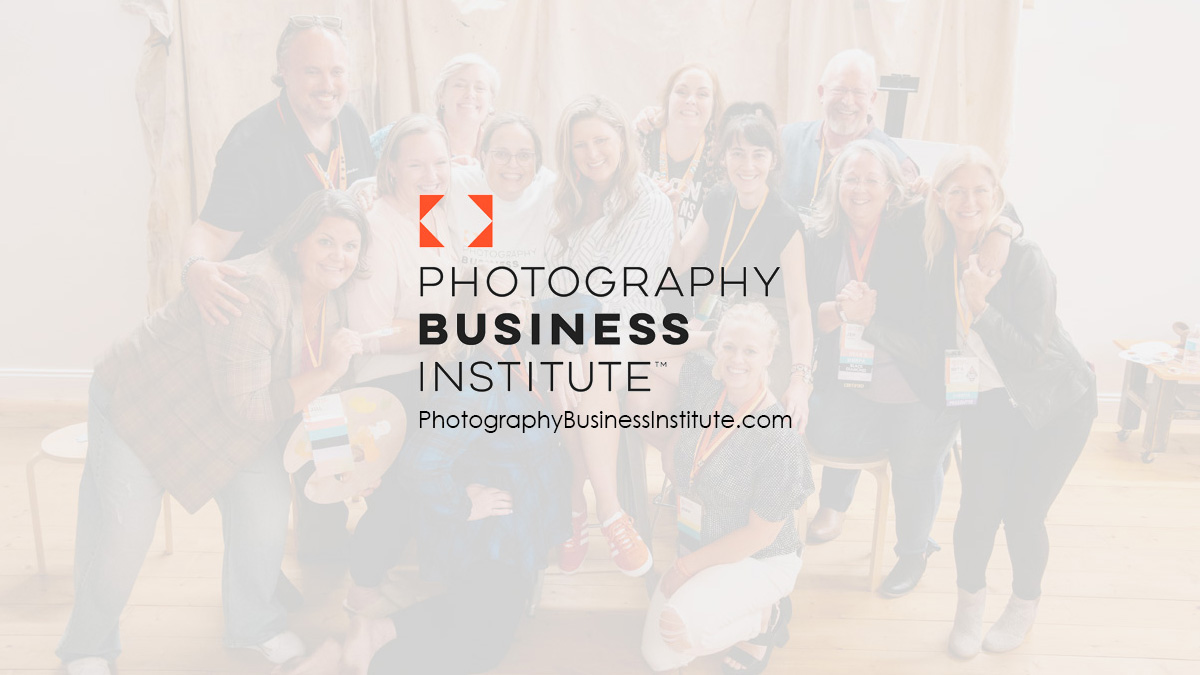As small business owners, there are a lot of lessons we can learn from the big brands that have done a good job of establishing a high perceived value for their products and services.
For example, The Wall Street Journal is reporting that Abercrombie and Fitch is offering to pay one of the guys (‘The Situation’) on MTV’s Jersey Shore to stop wearing their clothing. Why? Because they feel he’s damaging their brand they have invested in over many years.
Abercrombie and Fitch considers their brand to be aspirational in nature. I agree. When I was in their target demographic, there was status associated with wearing their clothes. Their stores featured huge black and white images of young (sometimes too young), fresh-faced, incredibly attractive kids having fun wearing their clothing. Their store employees look like they stepped out of these images, too. They had the A&F ‘look’. Whether you like A&F or not, they have built a strong brand and are very consistent in who they are.
When a guy like ‘The Situation’ (the butt of many jokes) is often seen wearing A&F clothing all over television and popular magazines, you can’t help but transfer any negative associations you have of The Situation to the A&F brand. A&F realizes their core clients do not aspire to be like ‘The Situation’, and their brand is being damaged.
So as a small business following the boutique business model, what does that mean for you?
Here’s the lesson – like A&F, it’s ok to say no to some people who want what you offer, but really aren’t helping build your brand. To be a boutique business, you’ll have to say no a lot. No to clients who aren’t right for you if you want brand building to work. Those who don’t get what you do and more importantly, don’t value what you do. And that’s ok. Because when you say yes as your gut is telling you no, you create more problems like referrals from friends of the client you never should have said yes to. More people who aren’t helping you build your brand that you have to say no to. Not to mention, you’ll end up distracted by (and in all honestly maybe a little deflated and negative) that same client you shouldn’t ever have said yes to instead of focusing on the good clients who you love delighting and who are delighted by what you do.
There’s an aspect of your brand that should be aspirational. Your brand should be something that isn’t for everyone. If everyone could have what you do, then you become a commodity. Commodity brands and services have to compete on price because they are so readily available. There are substitutes that are identical everywhere. If you’re a commodity brand, there’s no other way to survive than to be the cheapest and sell enough volume that you can a small profit on each sale.
Saying no isn’t easy. We understand that. But look at it this way. When you say no, it doesn’t make the news (like it does for Abercrombie and Fitch) and you get closer to the clients who do value what you do.








